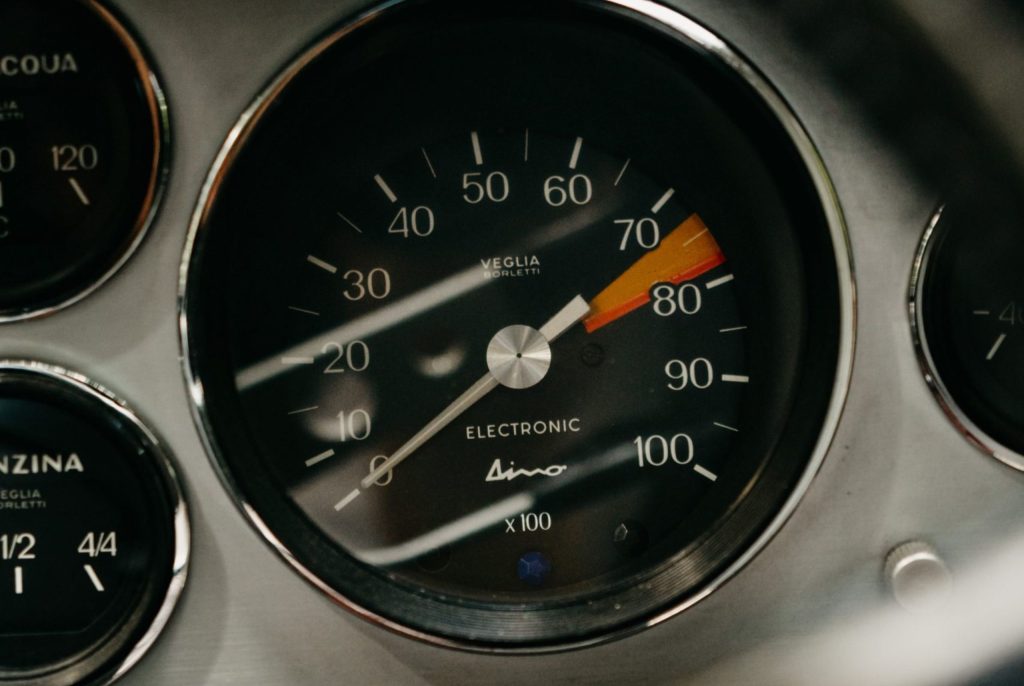
Insights
January 15, 2021Company car or private car?
As a DGA (director and major shareholder), is it better to use your private car for business purposes or not? The answer depends on many factors. We list situations in which driving a private car for business purposes is profitable and when it’s not.
Company car or private?
The main question is whether you also want to use the car privately. If not, or if you drive less than 500 kilometres per year for private purposes, there will be no additional tax liability (private use addition) and driving a company car is the cheaper option. If you do want to use the car privately, the most important factor is the type of car you’re going for. Calculating whether it’s profitable to drive the car for business purposes is based on the value of the car. It’s also important to estimate the number of kilometres you’re planning to drive annually for both business and private purposes. And finally, take the costs you expect to incur into account. Consider the following expenses:
- Purchase cost of the car (new, second-hand, private contribution, operational vs financial lease)
- Expected costs for fuel
- Expected costs for maintenance
- Expected costs for parking and other additional costs
- Vehicle tax
- Car insurance
This data will allow you to decide what the best option is. Based on the calculation, there are basically two possible conclusions:
- Driving a car for business purposes is profitable (company car). You can submit all expenses. You must add additional tax.
- Driving a car for business purposes is not profitable (private car). You cannot submit expenses, but there are possibilities for cost deduction.

Driving a company car
If you choose to drive a company car, you can include the aforementioned expenses in the bookkeeping. Additional costs result in less profit and therefore less corporate tax to be paid. There will also be an additional tax liability which is settled through your salary. In short, this additional tax liability results in a lower salary and higher wage tax. The additional tax differs per type of car and works as follows:
- In case of a car with CO2 emission, you add 22% of the sales value (catalogue value) of the car to the salary and pay wage tax over it on an annual basis.
- In case of a car without CO2 emission, you add 8% (2021: 12%) of the sales value (catalogue value) of the car to the salary and pay wage tax over it on an annual basis. The low rate only applies to the first €50.000 (2021: €45.000), with the rate of 22% applicable to the rest.
- In case of car older than 15 years, you add 35% of the fair market value to the salary and pay wage tax over it on an annual basis.
This additional tax is than divided into twelve (payslips) and submitted to the payslip. If you purchase the car during the year, this regulation will take effect from the day you start using the car.
- Important aspects when using the car for business: The tax burden over the additional tax will be, on average, 50% (of course, the actual percentage depends on the salary and can add up to almost 59%).
- For certain cars, the ‘old’ additional tax rates still apply, meaning that these percentages can deviate from the rates mentioned above. The deviating percentages expire after 5 years.
- Driving fewer kilometres for business purposes is often more profitable.
- It leads to extra administration for the books: all business costs must be included in the records.
Using a private vehicle
If you choose to use your private car for business purposes, you have the option to submit €0,19 per kilometre driven for business matters as a business expense. In almost all cases the actual costs will be higher, but the deductible expense is capped at €0,19. You need to keep an accurate registration of your driven kilometres. This allows you to submit the costs with the BV and to pay out the amount to yourself from the BV. You won’t have to pay income tax over this amount.

A number of important aspects when using a private vehicle:
- This option is often more profitable in relation to relatively expensive cars for which high additional taxes apply.
- Driving many kilometres for business purposes is often more profitable. You can also submit the private car expenses as business costs. There’s no limit on this.
- You have to register your mileage in a separate file.
Turnover tax (VAT)
In addition to the additional wage tax, it’s also possible you’ll need to pay additional turnover tax. This basically works as follows:
- Reclaim the VAT on car expenses (for business purposes). You’re allowed to reclaim VAT on all car costs (gas, maintenance and commercial parking spaces). In that case, there’s additional tax liability for the car. You must repay this amount to the Dutch Tax and Customs Administration. This additional tax is calculated pro rata to the actual business use. In reality, this practice is not very common because of the administrative burden. Fixed percentages of 1.5% or 2.7% of the sales value (catalogue value) apply. The higher rate only applies if VAT is also reclaimed on the purchase of the car and will be scaled down to the lower rate after 5 years. If no VAT is reclaimed on the purchase of the car (or if this doesn’t apply at all), the low rate always applies.
- Don’t reclaim VAT on car costs. You can also choose not to deduct VAT and in that case you won’t pay any additional tax.
Conclusion
There are quite a few rules when it comes to cars and business. If you’d like to know which option of the two is most profitable for you, we advise you to contact your financial advisor.




